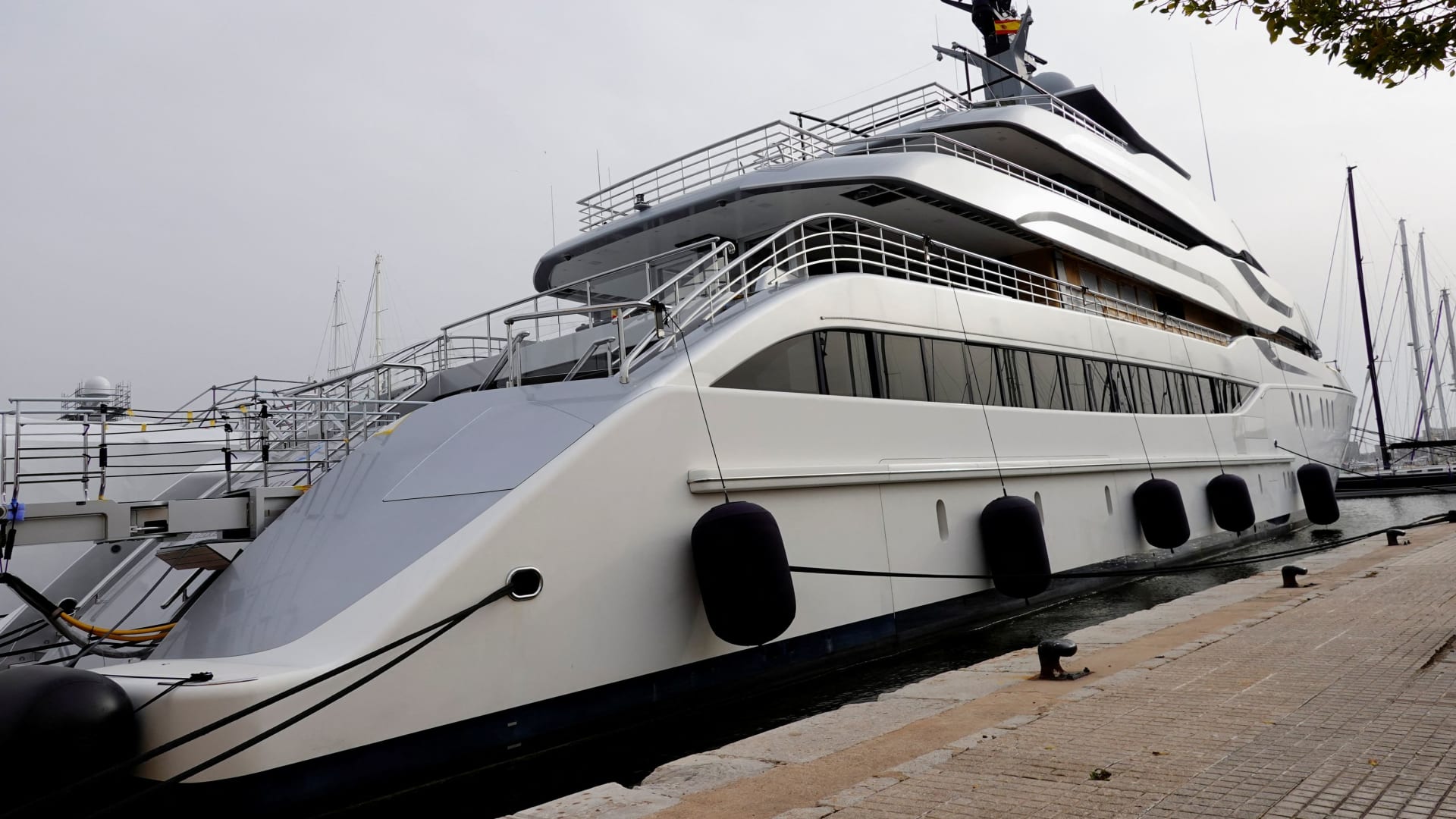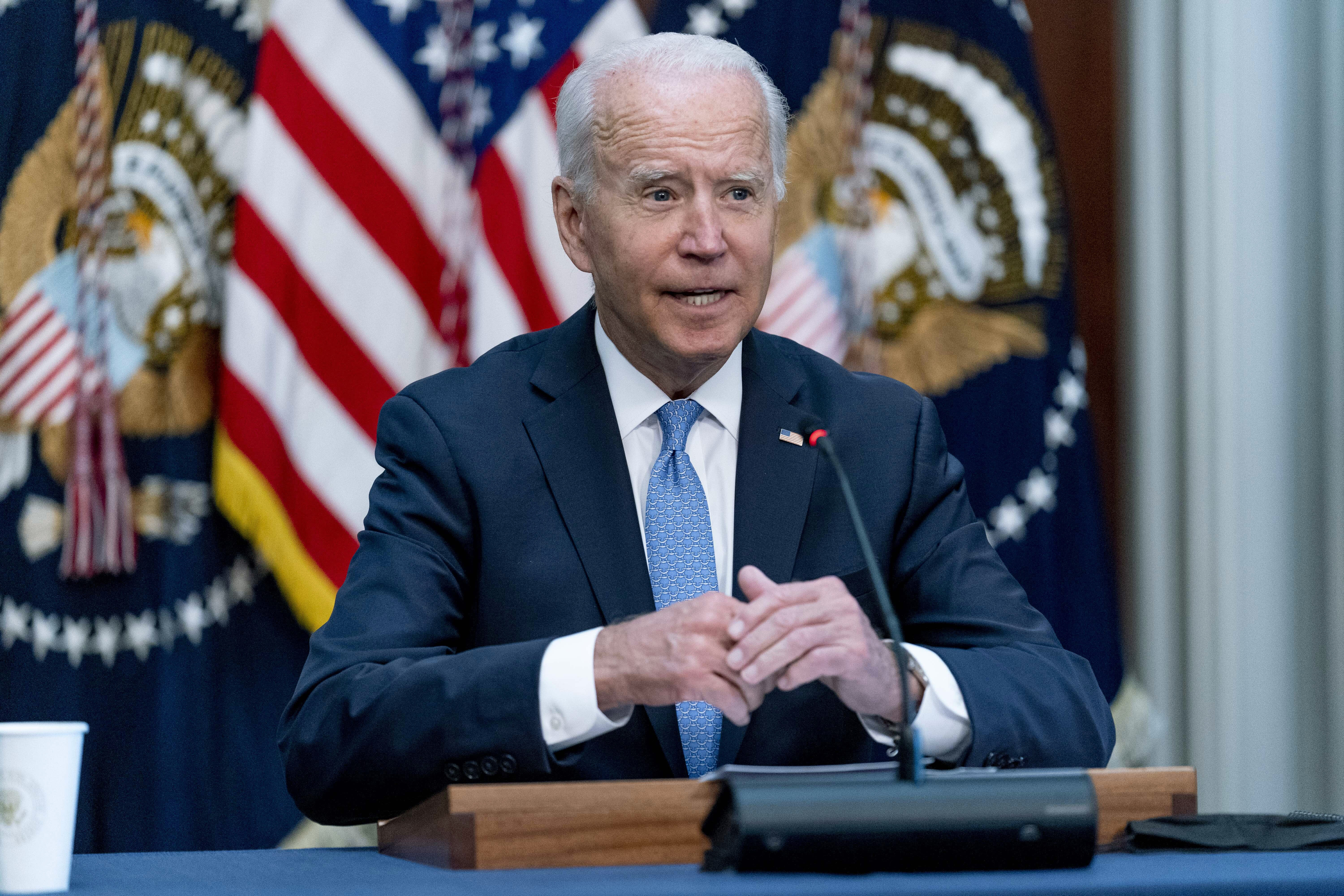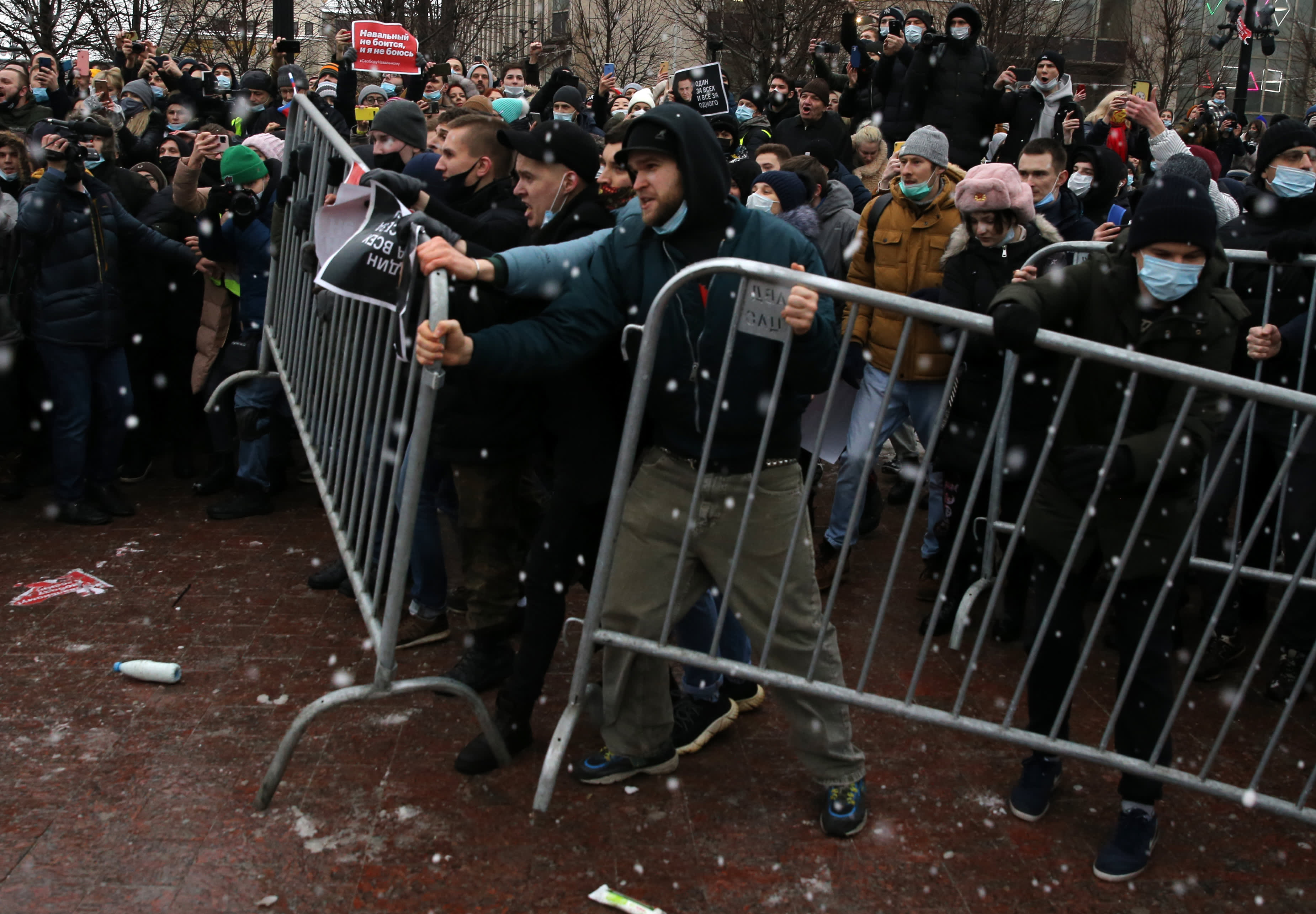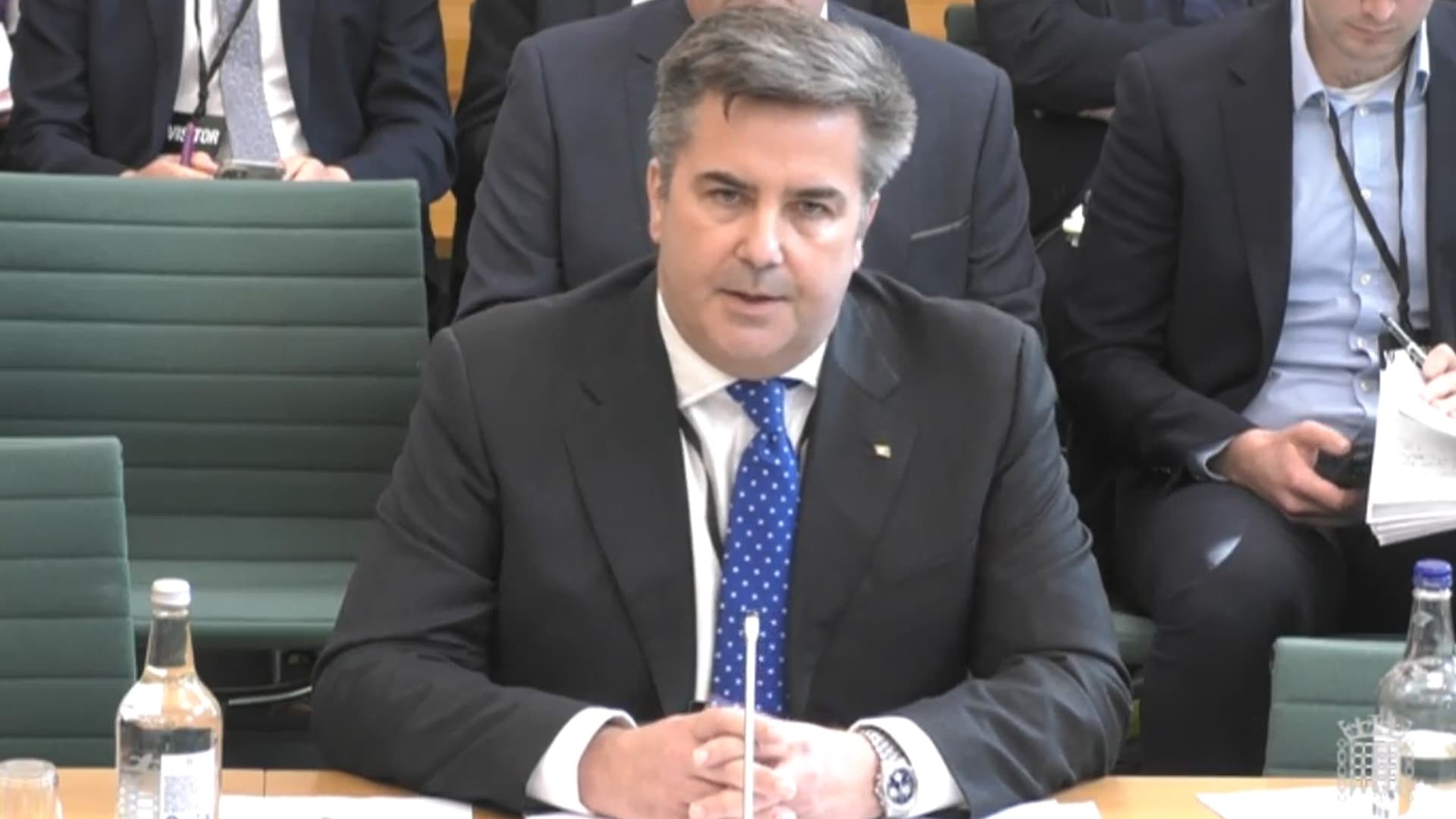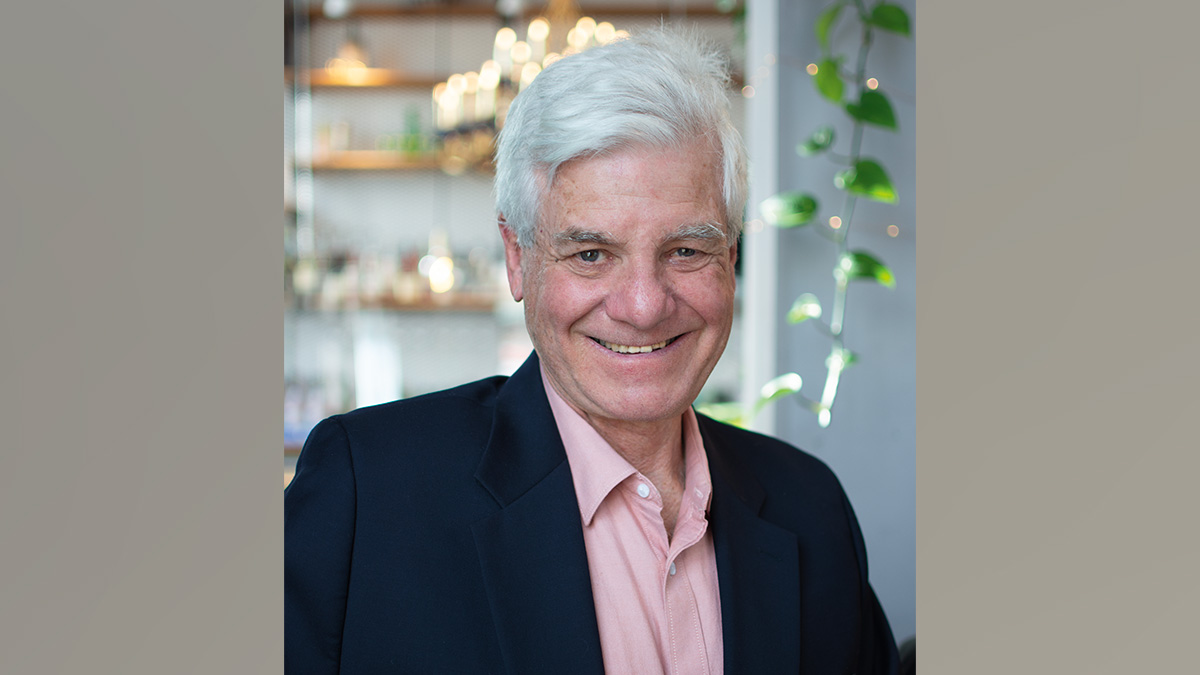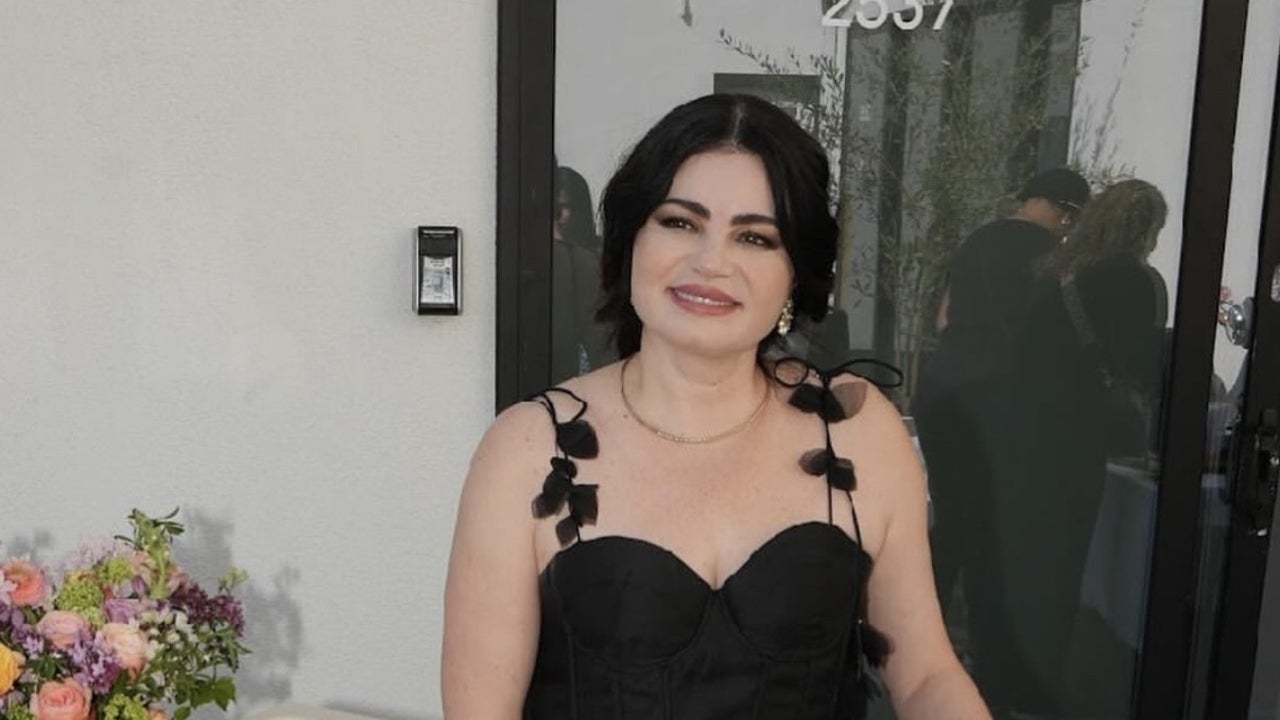'Putin is redrawing an iron curtain' across Europe, veteran Russian analyst says
Barriers — particularly military, political and financial — are set to be fortified again between Russia and the West.

Russian President Vladimir Putin attends a joint news conference with Belarusian President Alexander Lukashenko in Moscow, Russia February 18, 2022.
Sergey Guneev | Kremlin | Sputnik | via Reuters
Countries and markets awoke to the stunning news of Russian President Vladimir Putin's invasion of Ukraine on multiple fronts Thursday morning, launching a conflict that several leaders have warned will be the biggest in Europe since World War II.
After months of Russian military buildup along Ukraine's borders with troops numbering more than 100,000, and a fiery speech that denied Ukraine's statehood, Putin's offensive against the European country of 44 million has ripped up the international status quo.
"This is a globally systemic event. Putin is redrawing an iron curtain across emerging Europe," Timothy Ash, emerging markets strategist at BlueBay Asset Management and a longtime Russia and Ukraine analyst, told CNBC on Thursday.
"We have to totally take a fresh look at how we look at European and Western security, the role of Russian oligarchs, Russian business, and Russia Inc. in Western markets."
Putin's own words reveal his nostalgia for Russia's more imperialist past, describing many times over the past several years the disintegration of the Soviet Union as a "tragedy" and one of the "greatest catastrophes" in world history.
Now some regional analysts and historians say that the so-called "iron curtain," a term popularized by former British Prime Minister Winston Churchill in 1946 to describe the political, military, and ideological barrier erected by the Soviet Union under Joseph Stalin to seal itself off from the West, is back — albeit in a different form.
"The former KGB colonel, who has been in control of Russia in one form or another since 1999, does want to reconstitute the geopolitical power and territorial reach of the Soviet empire in Europe and reestablish its prestige and influence worldwide," Pierre Atlas, a political scientist and senior lecturer at Indiana University–Purdue University, wrote in an op-ed earlier this month.
The Kremlin has rejected that there will be an occupation, claiming it is "demilitarizing" Ukraine and "protecting" people from Ukrainian government aggression, which Ukraine and NATO members deny. Russian missiles and artillery strikes have reportedly hit multiple Ukrainian cities on Thursday.
Putin has vowed to protect Russia's "security" despite no evidence that Ukraine poses a threat to it, and has stated Moscow's aim to neutralize the country's military. Putin similarly rejected for weeks Western assertions that he would launch an invasion of Ukraine at all.
A new iron curtain?
Barriers — particularly military, political and financial — are set to come up across Western and NATO countries against Russia as governments deploy economic sanctions and European allies likely ramp up their defense spending. U.S. President Joe Biden and NATO heads of state have vowed severe sanctions on Russian officials and its economy, while Ukraine's leaders have urged the world to aggressively isolate Russia.
"Putin knew what kind of sanctions response this was going to draw in from the U.S. and the West more broadly," Maximilian Hess, a fellow at Foreign Policy Research Institute, told CNBC. Referring to the suggestions of a new "iron curtain," he said, "Frankly, the threatened sanctions are going to make that a reality."
"It was a choice, I expect the Biden administration to do it," he added, "and that's the result — that is what's going to happen to the Russian economy."
The U.S. is set to deploy more sanctions against Moscow after its previous levies on a number of Russian banks, oligarchs, and the controversial Nord Stream 2 pipeline failed to stop Putin's incursion into Ukraine.
"Given that is what is clearly already underway, we should expect wide-ranging limits on trading Russian debt and financing for Russian companies," Hess said, adding that he expects the penalties to "look more like the Iran sanctions regime than anything else."
"Sanctioning individuals is necessary but can only go so far. It will be a 'maximum pressure' 2.0 campaign, but this will have substantial costs for the West as well if Russia responds in kind," he said. "I too expect that it will. Geopolitical turmoil is imminent in agricultural, metals and hydrocarbons market, and here to stay."
Thursday saw Russia's ruble hit a record low against the dollar, with Moscow's main stock index falling as much as 45% during the day. International stock markets all traded heavily in the red, and prices of safe-haven assets like gold and bonds soared. Precious metals silver, platinum and palladium — the latter two of which are major Russian exports — also saw their prices spike.
The sanctions being called for by Ukraine and some lawmakers in the West include severing Russia from the global SWIFT banking system. But in the years since Russia's 2014 annexation of Ukraine's Crimean peninsula, and the sanctions that followed, the country has built up a formidable war chest of international reserves and worked on the de-dollarization of its economy, raising the question of how effective sanctions will ultimately be.
"The beginning of a large-scale war in Ukraine will be the end of the world order as we know it," Ukrainian Foreign Minister Dmytro Kuleba told the U.N. General Assembly in New York on Wednesday, urging the international community to stop Putin.
"If Russia does not get a severe, swift and decisive response now, this will mean a total bankruptcy of the international security system and international institutions which are tasked with maintaining the global security order," Kuleba said.

 BigThink
BigThink 







